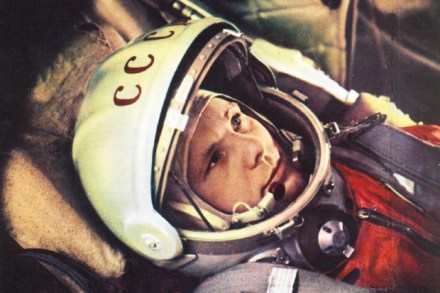It may have a meagre script and no plot but Farinelli and the King is still a major work of art
Philippe V was a Bourbon prince who secured the throne of Spain using his family connections. Claire van Kampen is a writer who relied on the same method to secure a West End opening for her play about Philippe. It stars Mark van Kampen (aka Mark Rylance) as the charmingly dotty Frenchman. Philippe was a manic depressive who regarded his Spanish subjects as a puzzling inconvenience. He had no interest in governing them and preferred to laze around the countryside, looking at stars, listening to music and indulging his eccentricities. We first meet him in bed trying to hook a fish supper from a goldfish bowl. Courtiers secretly plot to



















